Tp qube
Transfer pricing policies of MNEs are more scrutinized than ever by tax administrations. African tax administrations are no exception. Hence, 28 African countries have joined the inclusive framework on BEPS[1].
MNEs have to secure their intragroup transaction with their subsidiaries in Africa. However, they face practical difficulties to perform a comparable companies search in order to apply the TNMM (CPM) method. Indeed, the estimation of the arm’s length margin of a tested party requires independent companies and the most common databases only provide limited information on African companies. This article provides a practical guide to perform TNMM benchmark in Africa, leveraging a methodology developed by TPED.
Limited financial data for transfer pricing on the African continent
The overwhelming majority of independent companies used in transfer pricing comparable companies searches are European companies.
%
Europe
%
Asia
%
Americas
%
Oceania
%
Africa
In addition, for the African continent, there is a huge discrepancy between African countries. For example, 65% of independent companies for the African continent come Nigeria. The map below displays the number of independent companies by country. Please note that figures can significantly differ from one year to the other. If the 2018-2020 period were retained, there would be more South African companies.
This analysis is made on the Orbis database edited by Bureau Van Dijk, one the most used databases for transfer, after applying search criteria generally used in transfer pricing [2]. We are not aware of any database with a significantly better coverage in Africa.
Approach retained by TP qube to perform transfer pricing comparable companies searches in Africa
The proposed process is a serie of steps that aims at first identifying a comparable companies in the country of the tested company and, if unsuccessful, searching for comparable companies in other countries and eventually adjust the results obtained.
This process was developed by TPED, based on research conducted in collaboration with TP qube. A pratical application of this process in the food processing industry is presented in another article of TP qube. The research article is published on TPED website. This guide can also be used a basis to perform benchmarks in other developing countries where financial data are scarce.
Notes:
[1] The African countries which have joined the inclusive framework on BEPS are the following: Angola, Benin, Botswana, Burkina Faso, Cameroon, Cabo Verde, Congo, Côte d’Ivoire, Djibouti, Egypt, Eswatini, Gabon, Kenya, Liberia, Maldives, Morocco, Mauritania, Mauritius, Namibia, Nigeria, Democratic Republic Congo, Senegal, Seychelles, Sierra Leone, South Africa, Togo, Tunisia and Zambia. [as of June 2023]
[2] Source: Orbis, Figure based on the number of independent companies (BvD independence critera from A+ to B- or companies for which all shareholders or all shareholders having more than 25% of shares are individuals or employees), having financial data (turnover and EBIT) for the each year of the 2019 – 2021 period, with a turnover over 2 million euros for each year of the 2019 – 2021 period and having a website address. The following NACE codes have been excluded : 84, 94, 96, 97, 98 and 99 as well as the companies not having consolidated accounts and owning a subsidiary with more 50% ownership (or an unknown percentage).

